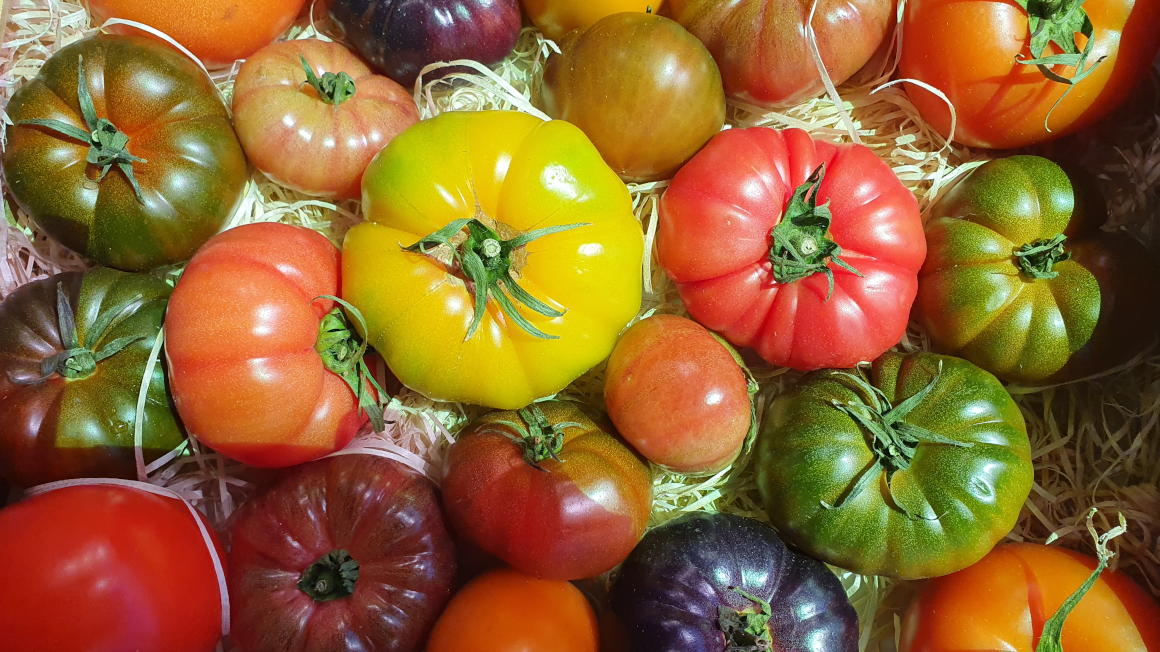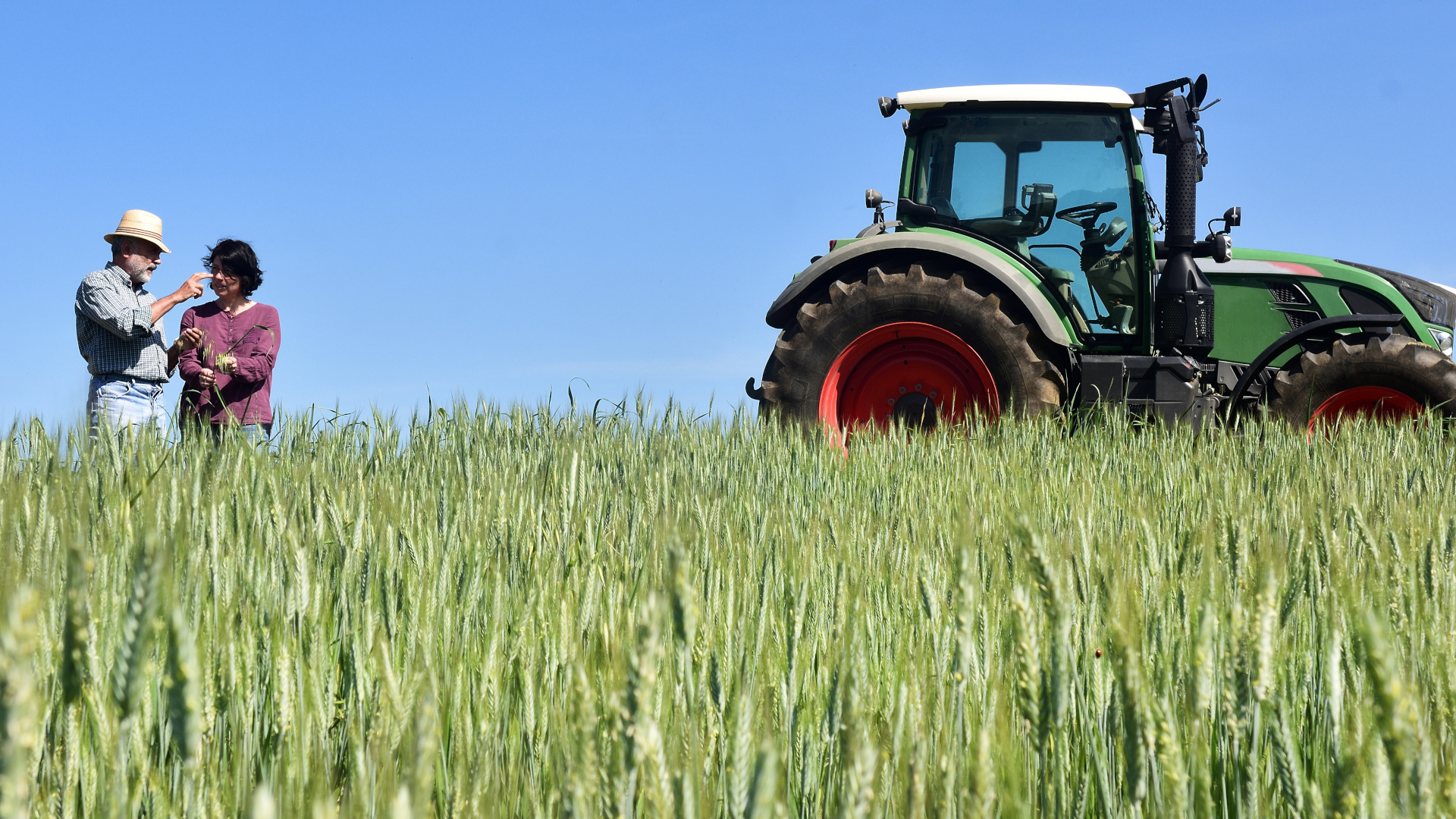Signposts for crisis-proof food systems
The Leibniz Research Network ‘Green Nutrition - Healthy Society’ provides recommendations for the reorganisation of food and agricultural systems, taking sustainability and resilience into account.

The way in which fields are cultivated and food is produced has a lasting impact on the environment and climate. Around a third of global greenhouse gas emissions, biodiversity loss and soil degradation are caused by global agricultural and food systems. The Leibniz research network ‘Green Food - Healthy Society’ is now providing a new systemic approach to tackling these challenges. With the concept of ‘Sustainable and Resilient Agrifood Systems’ - SARAS for short - 19 researchers from leading German and international research institutions are providing concrete recommendations on how food systems can be redesigned - from production to consumption.
Combining health and sustainability with resilience
Previous concepts for agricultural and nutritional change such as ‘Sustainable Diets’, ‘Sustainable Food Systems’ and the ‘Planetary Health Diet’ are primarily focussed on health and sustainability. The consortium believes that a rethink is needed here. The current position paper, which was published in the journal Sustainable Development, states that agricultural and food systems must also take into account the ‘aspect of resilience’ in order to ‘ensure stable and healthy food systems for present and future generations’.
The five pillars of the SARAS concept
The SARAS concept is based on five pillars: ecology, economy, politics, social affairs and global-local. Ecologically, the network recommends diversification in land use such as the cultivation of new crops, more diversity in crops and eating habits as well as the use of smart technologies in agriculture and urban food systems such as vertical farming. In economic terms, the research team is in favour of affordable, healthy food, less food waste, resilient supply chains and a more sustainable trade policy. At a political level, SARAS proposes including environmental damage in food prices, for example through a CO2 tax, examining taxes on unhealthy foods, reforming environmentally harmful agricultural subsidies and taking into account the health of the planet when making dietary recommendations.
According to the researchers, the promotion of a ‘fair food environment’ with ‘easier choices for a more sustainable diet’ and greater attention to integrated and regional agricultural and food systems should characterise the transformation in the social sphere. With regard to global-local transformation, it is important to take global climate targets into account in agriculture and nutrition.
Wealthy countries must lead the way
'SARAS shows a way in which we can make agriculture and nutrition more environmentally friendly, healthier, fairer and more crisis-proof,' says Tilman Grune, spokesperson for the Leibniz Research Network at the coordinating German Institute of Human Nutrition in Potsdam-Rehbrücke (DIfE). To ensure the success of the SARAS concept, it is important to recognise and evaluate conflicting goals and synergies, the researchers write. Wealthier countries also have a responsibility to be ‘pioneers in implementation through political measures, research and international cooperation’.
bb


